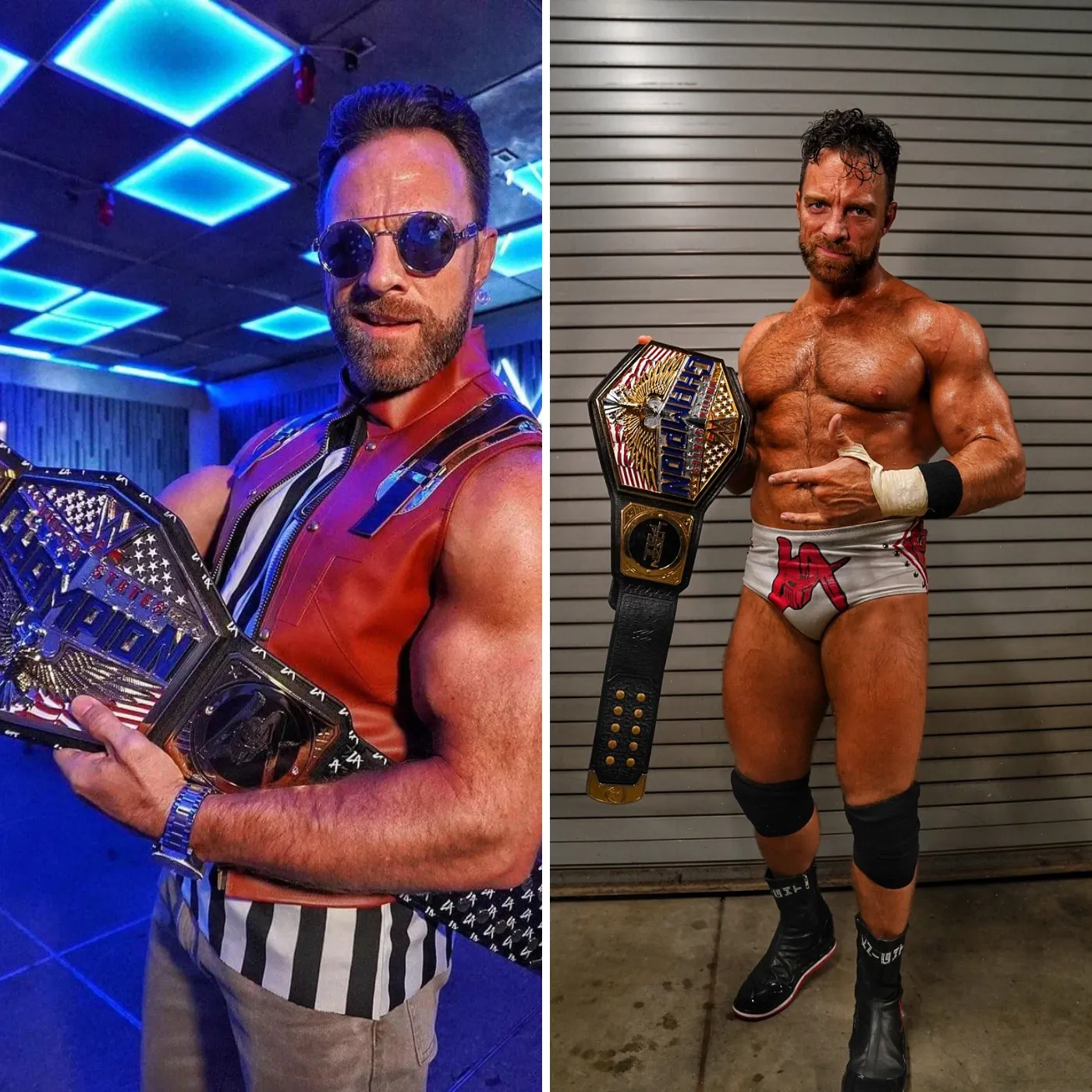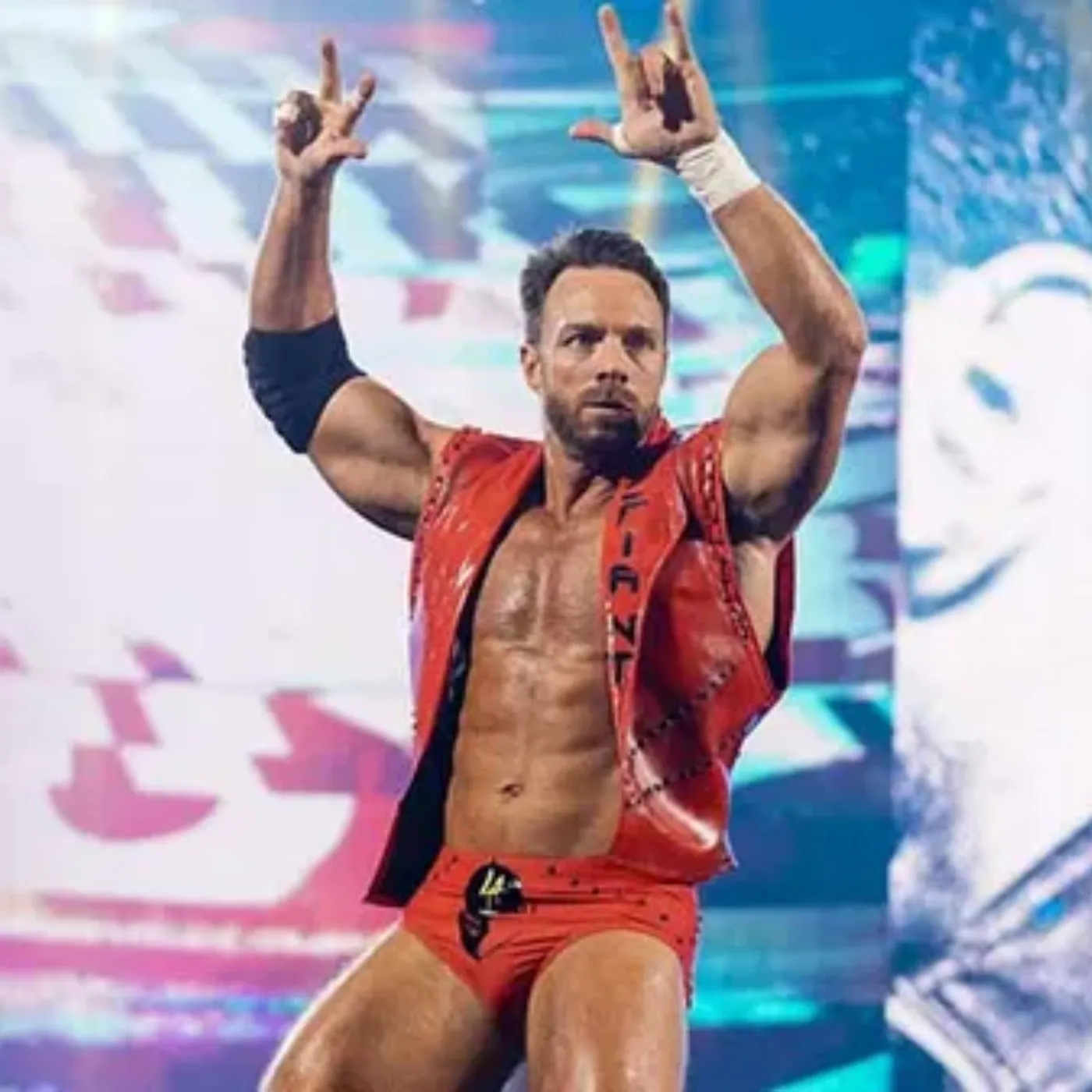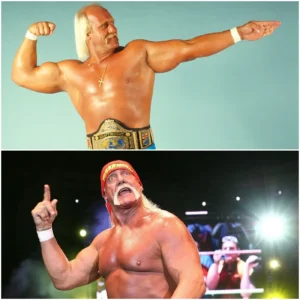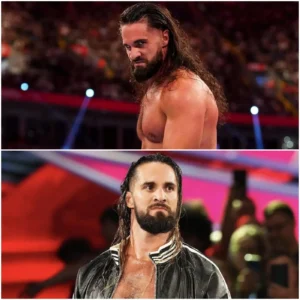L.A Knight: WWE Hero or Fame Borrower?

L.A. Knight has become one of the most polarizing figures in WWE today, captivating fans with his undeniable charisma, sharp promos, and energetic performances. While some hail him as the new face of WWE and a modern-day hero, others argue that his persona heavily borrows from legendary superstars of the past, making him more of a fame borrower than an innovator. This debate raises the question: Is L.A. Knight truly carving out his own legacy, or is he thriving on borrowed brilliance?

The Case for L.A Knight as a WWE Hero
L.A. Knight’s rapid ascent in WWE is no accident. Fans have flocked to him because of his magnetic personality and ability to connect with audiences. His catchphrases, particularly the signature “Yeah!” chant, have become crowd staples, echoing through arenas worldwide. This connection reflects his understanding of what fans crave—a wrestler who exudes confidence, authenticity, and a larger-than-life persona.
Moreover, Knight’s journey to the WWE spotlight is an inspiring tale of perseverance. He’s no rookie to the wrestling world; his career spans over a decade, having worked in various promotions such as Impact Wrestling and NWA before signing with WWE. Unlike some stars who achieve overnight success, Knight has paid his dues, refining his craft and earning his place among WWE’s elite. This journey resonates with fans who value hard work and determination.
Knight’s in-ring skills also bolster his credibility as a hero. While not the flashiest performer, his matches are characterized by solid technical proficiency, storytelling, and a deep understanding of pacing. His ability to deliver compelling performances against a range of opponents showcases his versatility and adaptability—traits essential for a top-tier WWE superstar.
Additionally, Knight’s charisma and promo abilities are second to none in today’s WWE landscape. He channels an old-school vibe reminiscent of wrestling’s golden era while adding a modern twist that feels fresh and engaging. His mic skills evoke comparisons to legends like The Rock and Stone Cold Steve Austin, yet his delivery and mannerisms have a distinct flavor that sets him apart.
The Fame Borrower Argument
While many applaud Knight for his homage to wrestling’s greats, critics argue that his persona leans too heavily on nostalgia, making him more of a derivative act than a groundbreaking star. Comparisons to The Rock and Stone Cold aren’t just coincidental; from his cadence on the mic to his catchphrases and crowd interactions, Knight’s style mirrors the iconic Attitude Era figures. To some, this approach feels less like an homage and more like an attempt to replicate past successes without bringing something truly original to the table.
This criticism raises valid points about WWE’s tendency to recycle ideas. Fans have witnessed countless superstars try to capture the magic of The Rock or Stone Cold, often falling short because the comparisons overshadow their unique traits. For Knight, the challenge lies in proving that he’s more than a greatest-hits compilation of wrestling’s most beloved figures.
Another concern is Knight’s relatively late rise to prominence. At 40 years old, he’s older than many of WWE’s emerging stars, leading some to question whether his time at the top will be fleeting. WWE’s emphasis on younger talent and long-term investment may work against him, especially if his act begins to feel stale or overexposed.
Striking a Balance Between Hero and Borrower
The truth about L.A. Knight likely lies somewhere in between the extremes of hero and fame borrower. Wrestling has always been a business built on borrowing, evolving, and reinterpreting ideas. Even the most celebrated legends drew inspiration from their predecessors. What sets stars apart is their ability to take familiar elements and infuse them with their personalities, creating something both recognizable and new.
Knight’s success hinges on his ability to strike this balance. While he undeniably channels the charisma of The Rock and the swagger of Stone Cold, his connection with today’s audience is uniquely his own. His journey, personality, and presence in WWE are factors that cannot simply be replicated by mimicking past legends. As long as Knight continues to evolve and adapt, he can avoid the trap of being seen solely as a nostalgia act.

Fan Reactions and WWE’s Role
Fan reactions to L.A. Knight are a testament to his impact. Chants, cheers, and social media buzz suggest that audiences are invested in his rise. This enthusiasm gives WWE a golden opportunity to capitalize on his popularity, but it also comes with responsibility. Over-pushing Knight or relying too heavily on his current act without allowing for growth could risk alienating fans in the long run.
WWE must strike a delicate balance in how they present Knight. Building compelling storylines, giving him opportunities to showcase his individuality, and allowing him to evolve naturally are crucial steps in cementing his legacy. Whether as a champion, a rebel, or a mentor to younger stars, Knight has the potential to leave a lasting mark on WWE—provided he’s allowed to transcend the comparisons and chart his unique path.
Conclusion
L.A. Knight embodies the duality of modern wrestling—a bridge between the past and the present. While critics may label him a fame borrower, his ability to captivate audiences and deliver memorable performances cannot be denied. His journey from an underappreciated talent to a genuine WWE star is a testament to his resilience and charisma.
Whether he’s remembered as a hero who brought fresh energy to WWE or a performer who thrived on nostalgia will depend on how he navigates the challenges ahead. For now, L.A. Knight stands as a compelling figure in WWE’s ever-evolving landscape, proving that even in a world of borrowed legacies, there’s room for new legends to rise.







